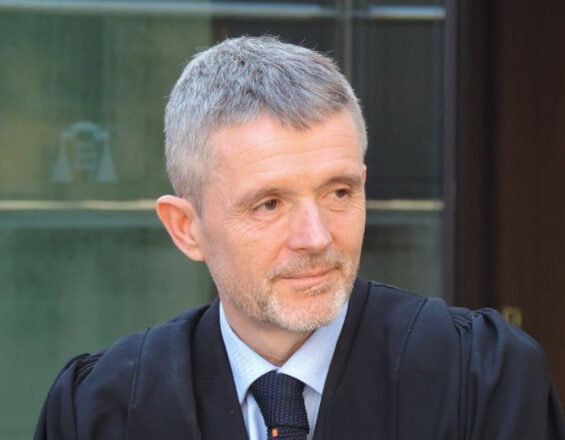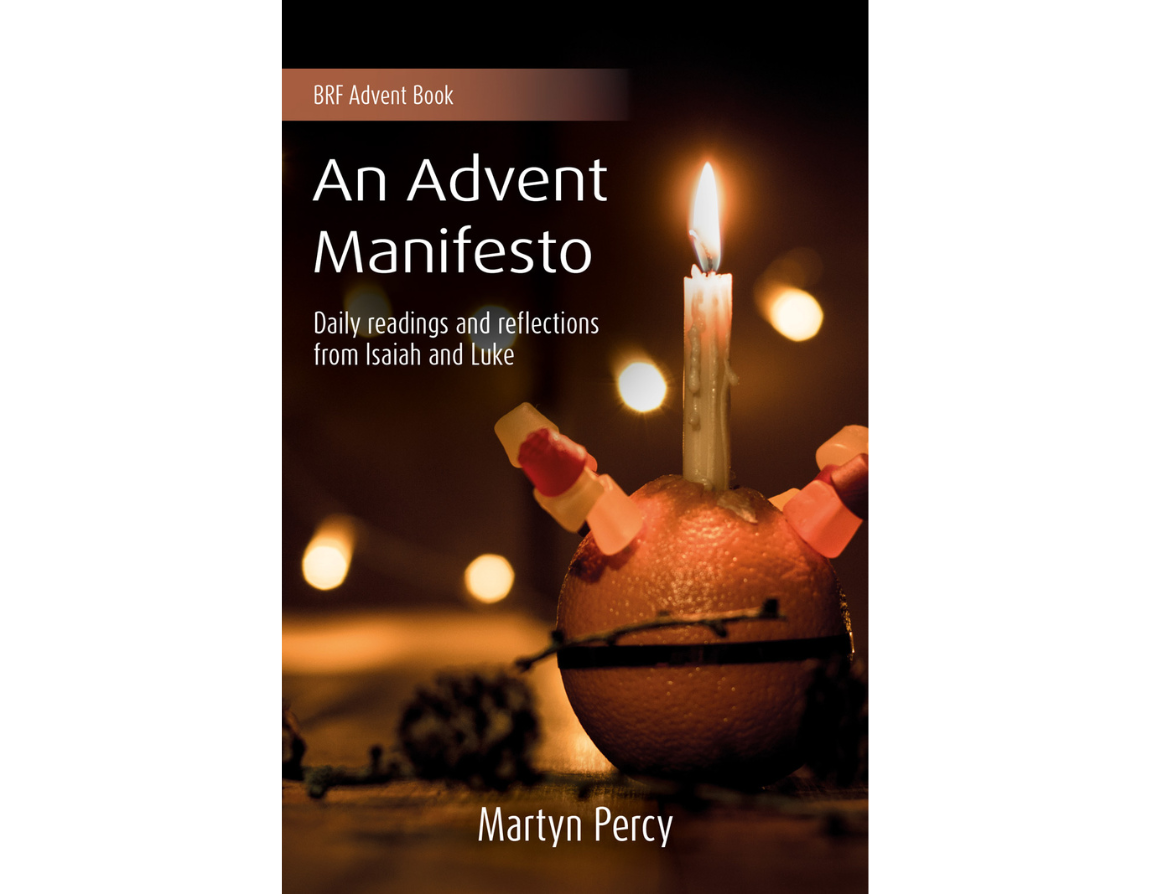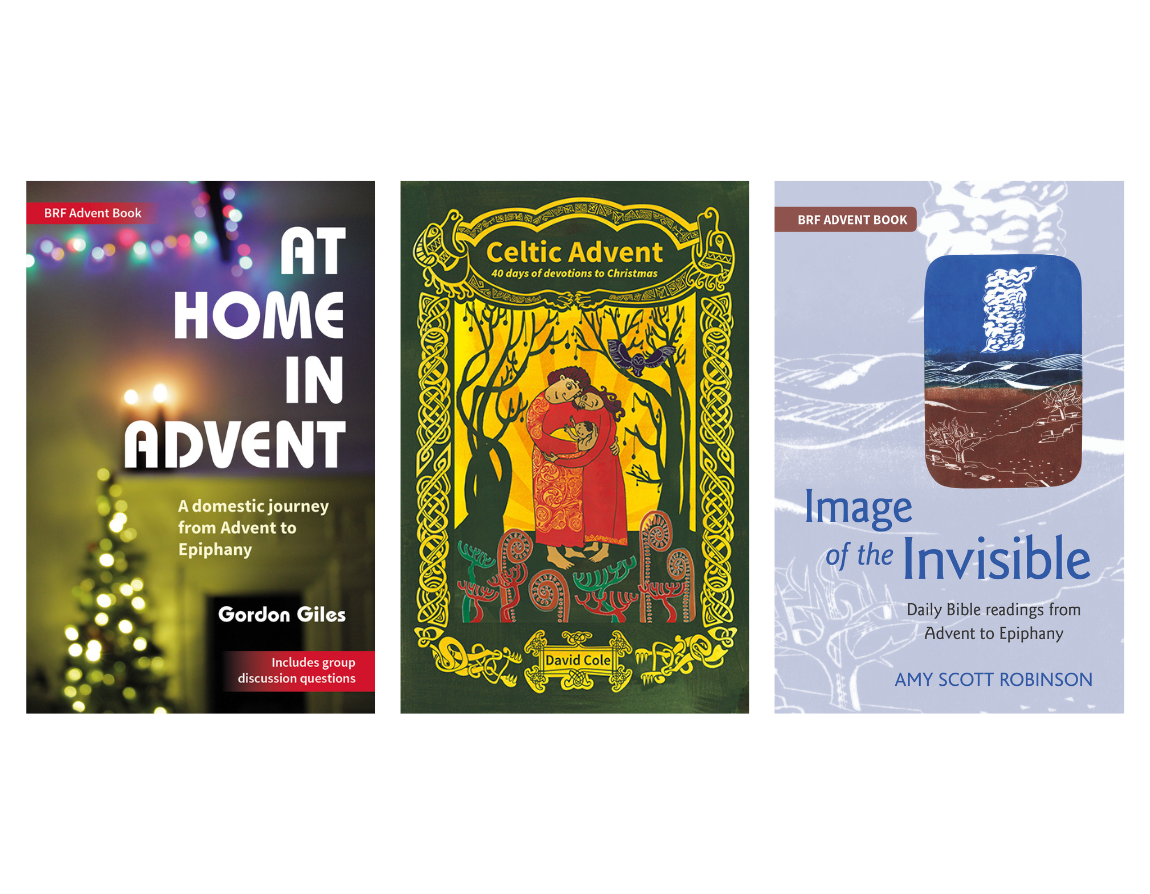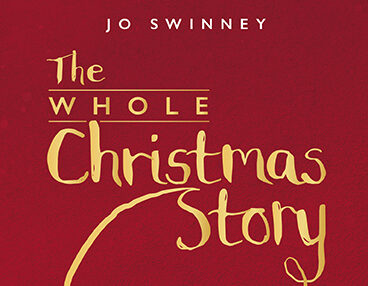We begin a new series of articles by Martyn Percy, linked to themes in his An Advent Manifesto, our 2023 Advent book.
19 November 2023
Choosing between devotional and political spirituality
As Jesus and his disciples were on their way, he came to a village where a woman named Martha opened her home to him. She had a sister called Mary, who sat at the Lord’s feet listening to what he said. But Martha was distracted by all the preparations that had to be made. She came to him and asked, ‘Lord, don’t you care that my sister has left me to do the work by myself? Tell her to help me!’
‘Martha, Martha,’ the Lord answered, ‘you are worried and upset about many things, but few things are needed – or indeed only one. Mary has chosen what is better, and it will not be taken away from her.’
Luke 10: 38–42 (NIV)
I hesitate to say this, but I think I might be able to resolve the tense riddle over Martha and Mary, and who chose the better part. My answer, perhaps surprisingly, comes from a Japanese Buddhist master called Do Hyun Choe.
Stillness is what creates love,
movement is what creates life.
To be still
yet still moving –
that is everything.
I’m also reminded of the Canadian poet David Whyte’s work in his book Crossing the Unknown Sea, where he tells us that speed is often, ironically, a symptom of complete immobility.
We might say that the tension in the story of Martha and Mary rests on whether it is better to be mindful or helpful. Of course the minute you express it like that, you realise you need to be both: Martha and Mary, like the proverbial coin, are authentically stamped with impressions. One sits still and is mindful of the Lord’s teaching. The other scurries around, being helpful. Both are needed. Neither can be discarded.
Mindfulness
Let me say something about mindfulness first. It’s become a popular quasi-spiritual discipline, centring on the self, breathing, paying attention to the small details and the registers inside and beyond our bodies. It is a traditional Buddhist practice, but it’s worked its way into contemporary Christian practice, despite the fact that there was already a long tradition of something similar in Christianity. Focused on attention, silence and the awareness of the breath, Christian mindfulness is concerned with the life of the Spirit that pours through the pores of our bodies.
A lot of contemporary spirituality is focused on frantic activity, which can masquerade as anything from energetic, pumped-up praise to extremely worthy investment in energetic social gospel practice. Mindful religion in contrast makes you stop, be still, pause and think. It might take you to a place where you remember and, as in all vocation, surrender.
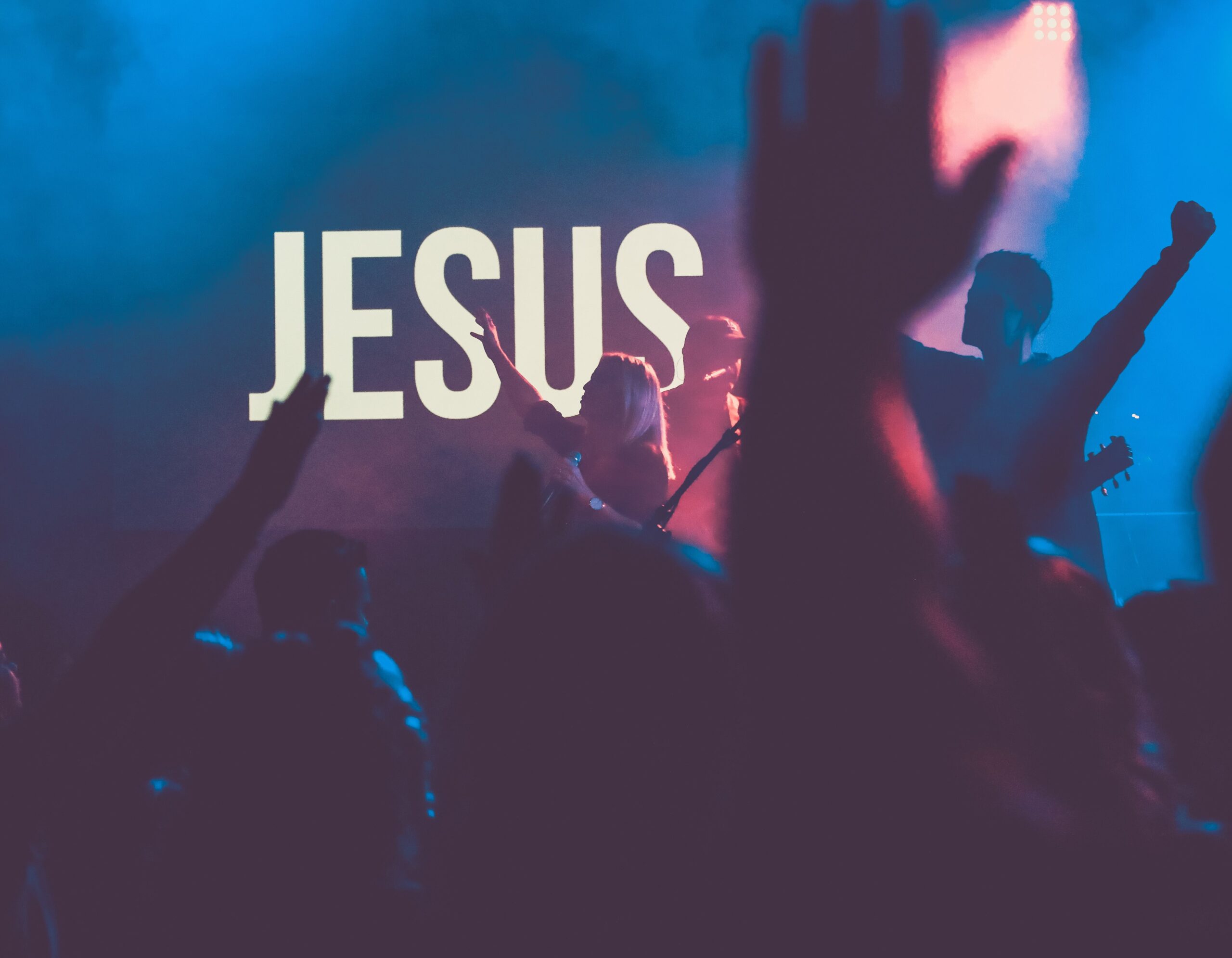
A lot of contemporary spirituality is focused on frantic activity, which can masquerade as anything from energetic, pumped-up praise to extremely worthy investment in energetic social gospel practice.
A true vocation
Indeed, as I used to say to my students at Cuddesdon, a true vocation is essentially a giving up – the surrender of yourself, your hopes and ambitions. It is waiting patiently for the Lord, sometimes waiting patiently for salvation, sometimes waiting patiently for a sign of hope. But not despairing in the act of waiting, or even trying to hasten its end. Christian contemplative spirituality teaches you to wait – for what can seem like an eternity – trusting that God is with you in the moment, and even though there seems to be no help, support and salvation in the offing, knowing you are not alone. You’ve not been abandoned.
I think Martha and Mary express two complementary but contrasting modes of worship and service, which are relevant to St Frideswide, patron saint of Oxford. She had to run for her life in order to be still; she had to do a lot of work in building a convent in order to be free to be contemplative. She had to think and pray a lot, as the foundation for the mindful help that convent gave to others in acts of love and service.
Lydia too was a prototype.
On the Sabbath we went outside the city gate to the river, where we expected to find a place of prayer. We sat down and began to speak to the women who had gathered there. One of those listening was a woman from the city of Thyatira named Lydia, a dealer in purple cloth. She was a worshipper of God. The Lord opened her heart to respond to Paul’s message. When she and the members of her household were baptised, she invited us to her home. ‘If you consider me a believer in the Lord,’ she said, ‘come and stay at my house.’ And she persuaded us.
Acts 16:13-15 (NIV)
The early church that’s built around her is rooted in her labour and enterprise. Without the energetic work of running a business, the church she seeded and sustained in its mindful worship and service could not have survived. Lydia’s conviction and ministry embody the idea of ‘mindfulness in action’.
So what does this have to say to us? I think it invites us into a work of mindful helping. Knowing that our Lord would have us serve, but also knowing that our Lord would have us be still, and know who God is.
I’ve recently been struck by an article by Sunita Puri, who is a palliative care doctor. She talks about being present with people who still hope even though they’re dying; with those who rage and curse because they are dying; and those who sit with one finite mortal body after another, as they gradually disintegrate with the cancer they carry. The act of patiently, mindfully, actively being with the person dying and the family and the loved ones who surround them, is the very thing that prevents those families disintegrating. So the doctor gives practical help in all the ways you’d expect as a doctor, but also brings contemplative, mindful presence as death draws near.

Lydia’s conviction and ministry embody the idea of ‘mindfulness in action’.
Action and contemplation: politics and devotion
So, in Advent, should we be still, silent and attentive or practice the no less worthy virtue of offering practical help and action: seeing what needs to be done and doing it?
We all know about holding the tension between these two poles in our lives and ministries, so we pray for the wisdom to hold these things together: when to be a Martha, when to be a Mary, or when to be both, as Lydia was.
Few books have left their mark on me as deeply as Vincent Donovan’s Christianity Rediscovered: An epistle to the Masai. In that book Donovan discovers that you don’t hunt for God. Rather, God hunts you. You are the prey. This is what our Advent vocation has to become. Stop, be still; then let God make you his prey, prayer and praise – so you become an agent of God’s politics.
Being willingly caught – that is Advent. Even Aslan, the lion-God-Christ in C.S. Lewis’ work, is an active, hunting agent seeking out followers. You can’t resist. Does this not go to the heart – and challenge some of our misconceptions – of following Jesus, wherein we celebrate the lion that stalks us. Our Advent is God’s waiting time too.
God is biding his time and will pounce. Pray you will be a Martha, a Mary or a Lydia to somebody who needs you – to be still with them or to get busy helping, and changing this world of ours into something like God’s kingdom. Advent awaits our ‘yes’ to God.

You don’t hunt for God. Rather, God hunts you. You are the prey. This is what our Advent vocation has to become.

